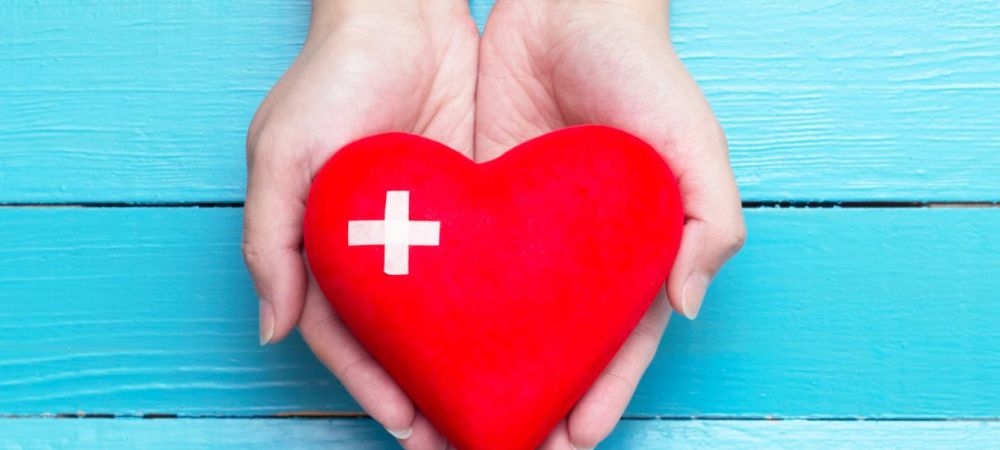

Mammograms are super important in preventive care for detecting breast cancer early. Without regular screenings, we might not catch any potential issues until it's too late. It's crucial to have mammograms done regularly, even if you don't feel any lumps or pain. They can find problems that you can't see or feel on your own. So don't skip out on getting your mammogram! It can save your life, ya know?
Get the news click on it.Hey there, so when it comes to mammograms, there's a lot of debate about when women should start getting them. Some people say you should wait until you're 50, while others think you should start as early as 40. But let me tell ya, the American Cancer Society recommends starting at age 45 for most women. And hey, if you have a family history of breast cancer or other risk factors, then you might wanna start even earlier.
Now I know what you're thinking - mammograms can be uncomfortable and maybe even a little scary. But trust me, early detection is key when it comes to breast cancer. So why not just bite the bullet and get that screening done? It could save your life! And hey, if everything looks good, then you can breathe a sigh of relief and go on with your day.
So yeah, don't put off getting a mammogram just because it seems like a hassle. Your health is worth it! Plus, who doesn't love an excuse to treat yourself to some ice cream afterwards? So go ahead and schedule that appointment - your future self will thank you!
The World Health And Wellness Organization ( THAT) was established on April 7, 1948, a date we now commemorate each year as World Wellness Day.
The stethoscope was invented in 1816 by René Laennec, a French physician, who originally used a rolled-up paper to pay attention to a client's breast, reinventing the physical diagnosis in medicine.
CRISPR, a groundbreaking gene-editing technology discovered in the 2010s, has potential applications in curing genetic diseases by directly altering the DNA series.
Emergency medicine, as a distinct specialized, created in the 1960s in reaction to the boosting complexity of severe care and the requirement for quick, decisive action.
Hey there!. So, let's talk about the importance of regular check-ups and screenings for catching health issues early on.
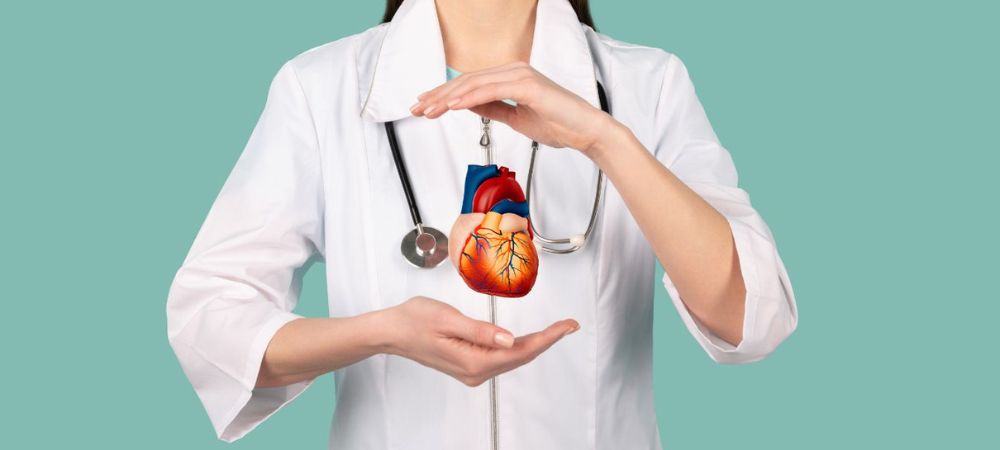
Posted by on 2024-05-26
Hey there!. So, incorporating healthy habits into your daily routine is super important for long-term success.
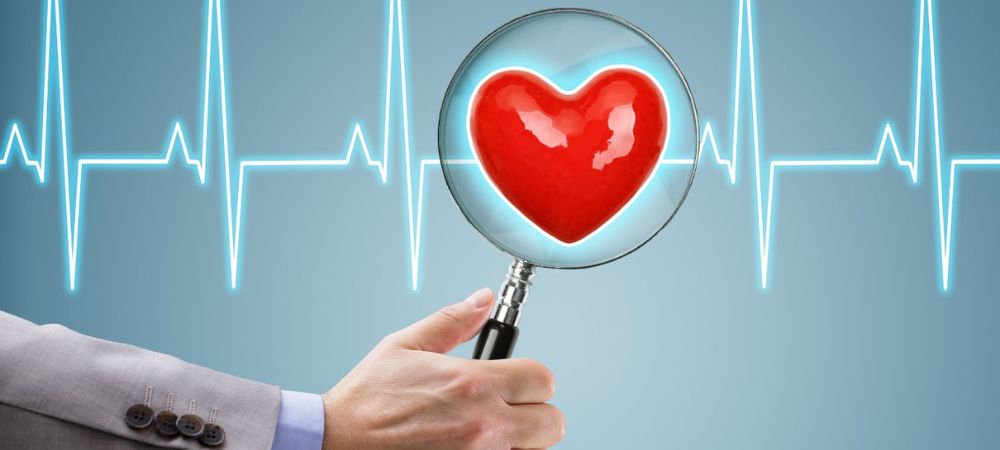
Posted by on 2024-05-26
When it comes to preventin' common chronic diseases like heart disease, diabetes, and cancer, seekin' guidance from healthcare professionals can be key.. By workin' with a doctor or nurse to create a personalized preventive care plan tailored to your individual needs and risks, you can take proactive steps to stay healthy.
Instead of ignorin' potential health concerns or relyin' on guesswork, consultin' with a professional can help identify specific measures that may reduce your risk factors.
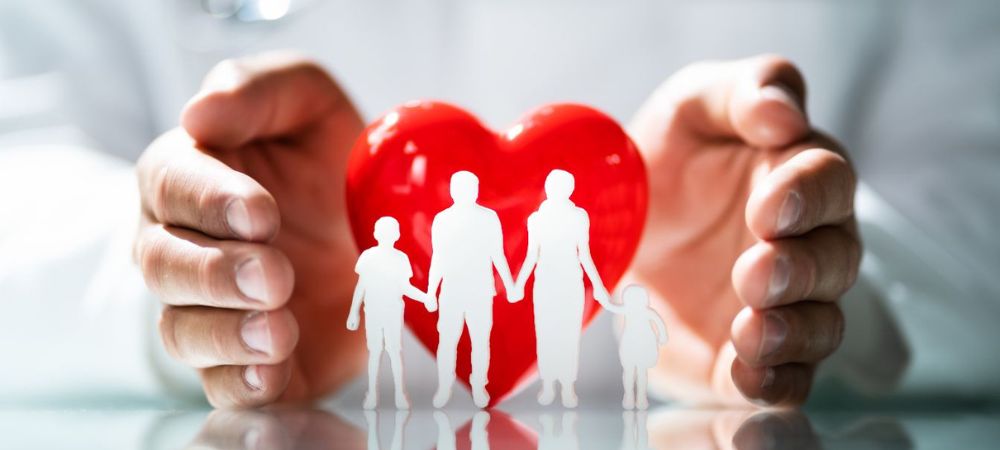
Posted by on 2024-05-26
Mammograms, ya know, they ain't no fun to go through but lemme tell ya, they can save yer life! Gettin' regular mammogram screenings can help catch breast cancer early, makin' it easier to treat and increasin' yer chances of survival. Ain't nobody wanna deal with cancer if they don't have to, right?
Even though gettin' a mammogram might be uncomfortable or a bit scary, the benefits far outweigh the drawbacks. It's better to be safe than sorry, am I right? So don't put off schedulin' that appointment just 'cause you're nervous - it could make all the difference in the world.
So next time you're thinkin' about skippin' that mammogram, remember that it's for yer own good. Don't let fear or discomfort hold ya back from takin' care of yerself. Trust me, you'll thank yourself later for makin' sure everything's A-OK.
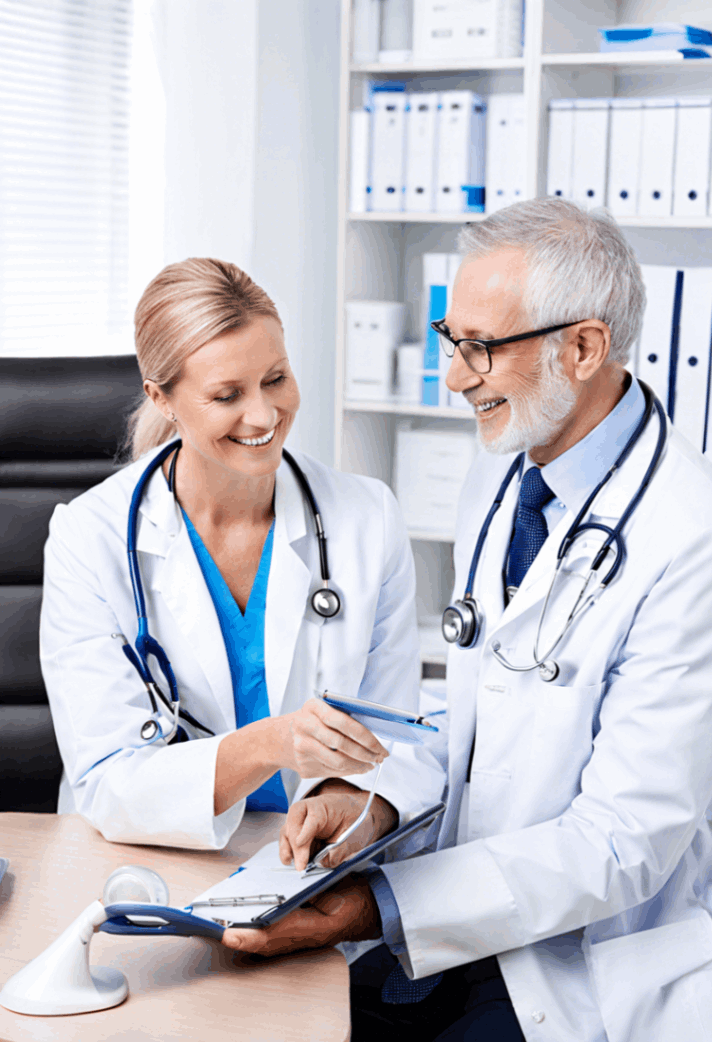
Mammograms, they're supposed to be super effective in detecting breast cancer early, right? Well, not so fast! There are actually some potential risks and limitations associated with getting a mammogram.
First off, let's talk about the radiation exposure. While the amount of radiation used in a mammogram is relatively low, there's still a small risk of developing cancer from the procedure itself. And let's not forget about false positives and false negatives - these can lead to unnecessary anxiety or missed diagnoses.
Another limitation of mammograms is their accuracy in younger women with dense breast tissue. The dense tissue can make it harder to detect abnormalities, increasing the likelihood of false results.
And don't even get me started on discomfort during the procedure! I mean, who enjoys having their breasts squished between two plates?
So while mammograms can be a valuable tool in detecting breast cancer early, it's important to be aware of the potential risks and limitations associated with them. It's always best to discuss your options with your healthcare provider before making any decisions.
Hey there! So you've got a mammogram appointment coming up, huh? Don't worry, I know it can be nerve-wracking, but there are some things you can do to prepare and make the process a bit easier. First off, make sure you schedule your appointment at a time when your breasts won't be too tender (like right before or during your period). Also, try to avoid wearing deodorant, lotions, or powders on the day of your exam because they can interfere with the results.
Another thing to keep in mind is to wear comfortable clothing that's easy to take off, since you'll need to undress from the waist up for the test. And don't forget to bring any previous mammogram images with you if this isn't your first one - it can help the radiologist compare and spot any changes.
On the day of your appointment, try to stay relaxed and calm. Remember that getting a mammogram is an important step in taking care of yourself and catching any potential issues early on. And hey, don't hesitate to ask questions or voice any concerns you may have - the staff is there to help!
So yeah, just remember these tips and go into your appointment feeling confident and prepared. You've got this!
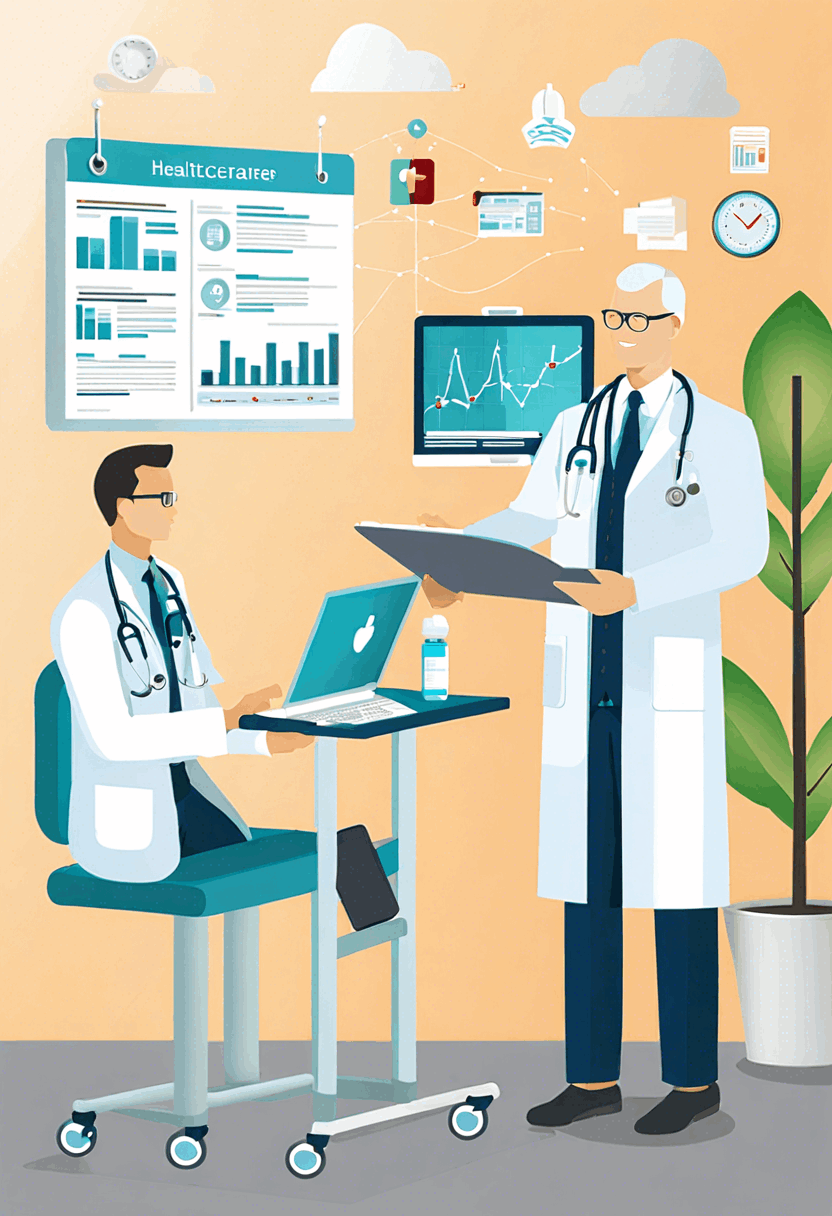
So, when you go in for a mammogram, there are a few things you can expect. First off, don't worry too much about it being painful - most women say it's just uncomfortable but not unbearable. The technician will position your breast on the machine and then gently compress it to get a clear image. It only takes a few seconds for each view, so try to relax and breathe through it. Oh, and don't forget to wear loose clothing so it's easier to undress for the exam. Afterward, the radiologist will review the images and let you know if anything looks concerning. Remember, early detection is key in treating breast cancer, so make sure to schedule your mammogram regularly!